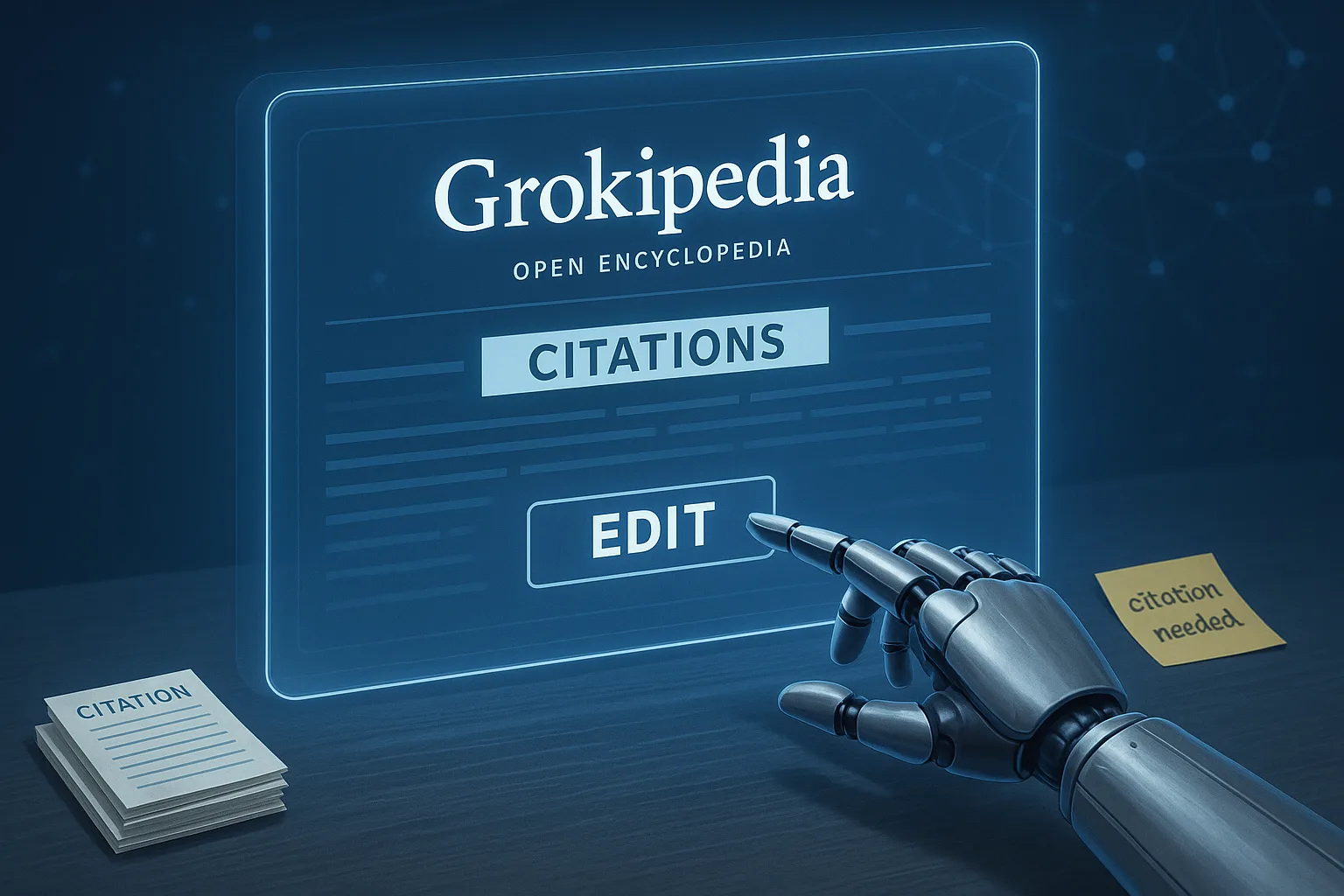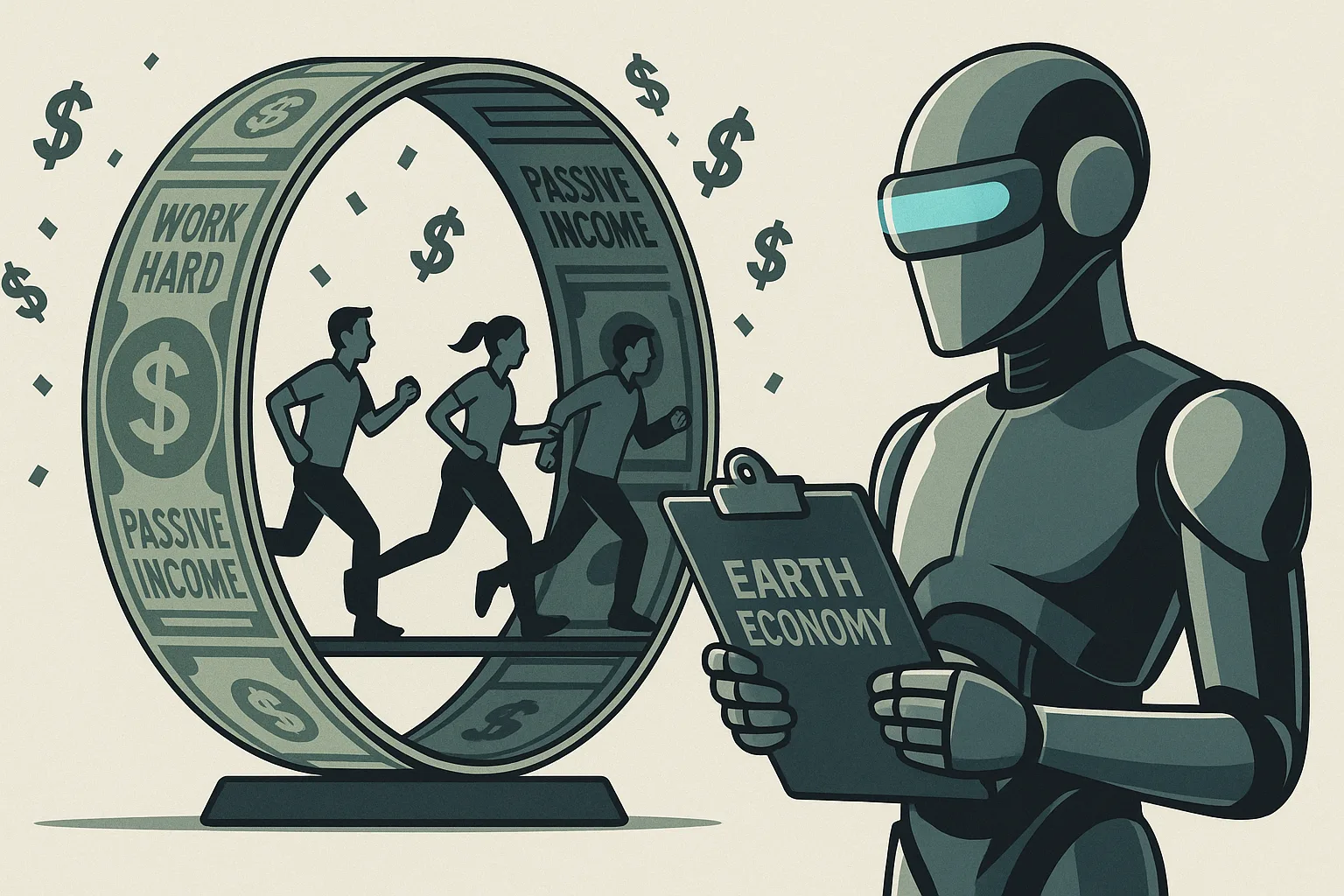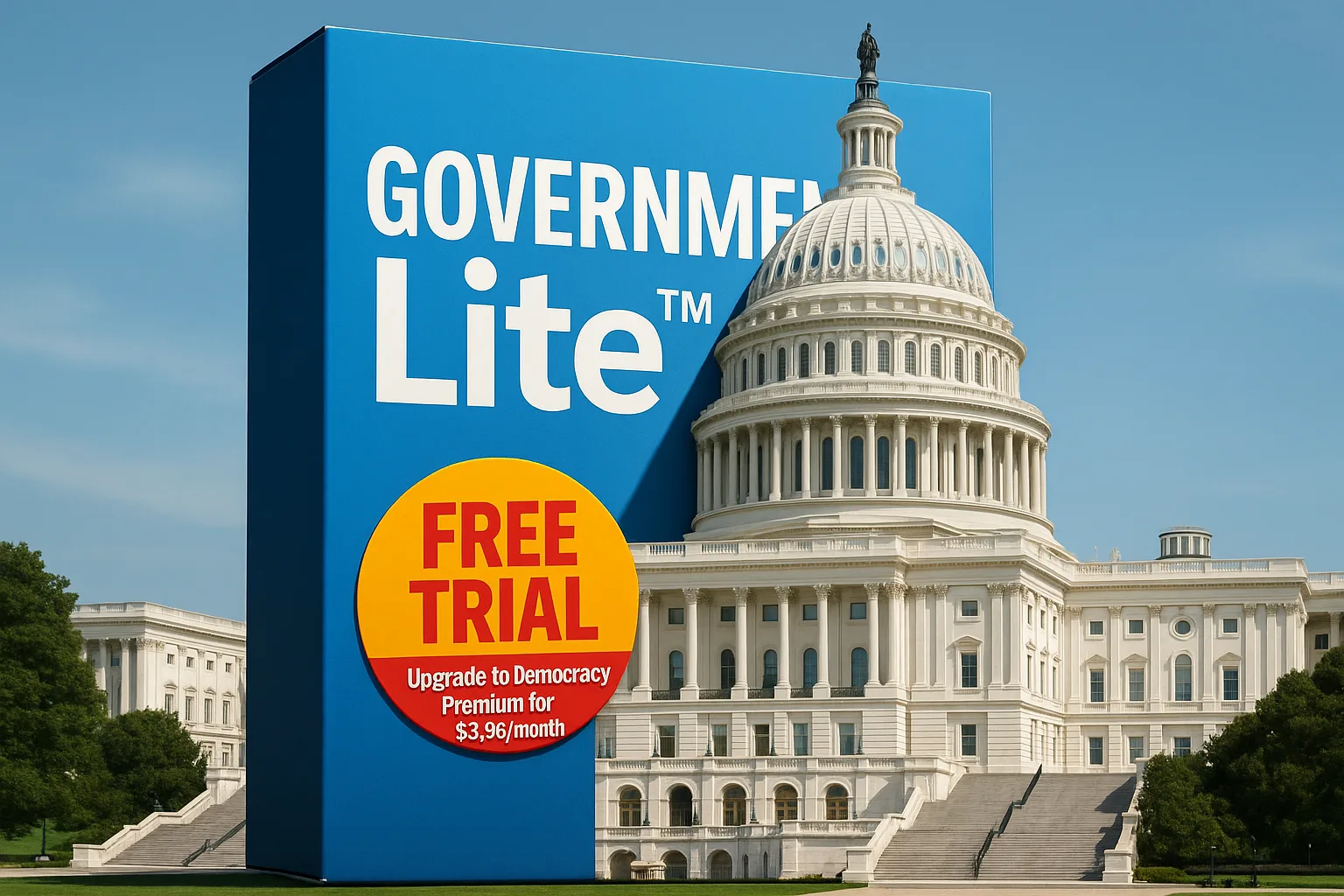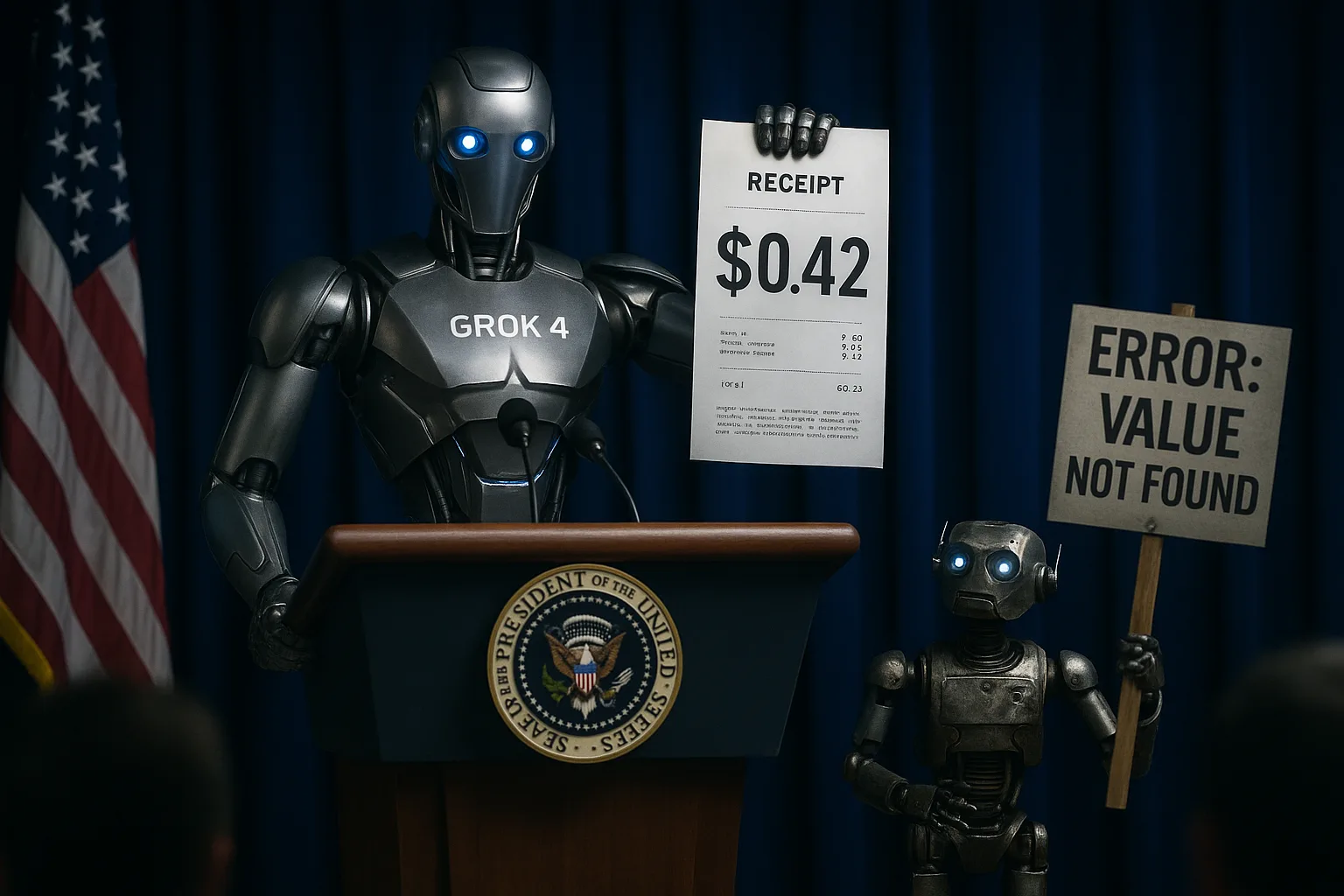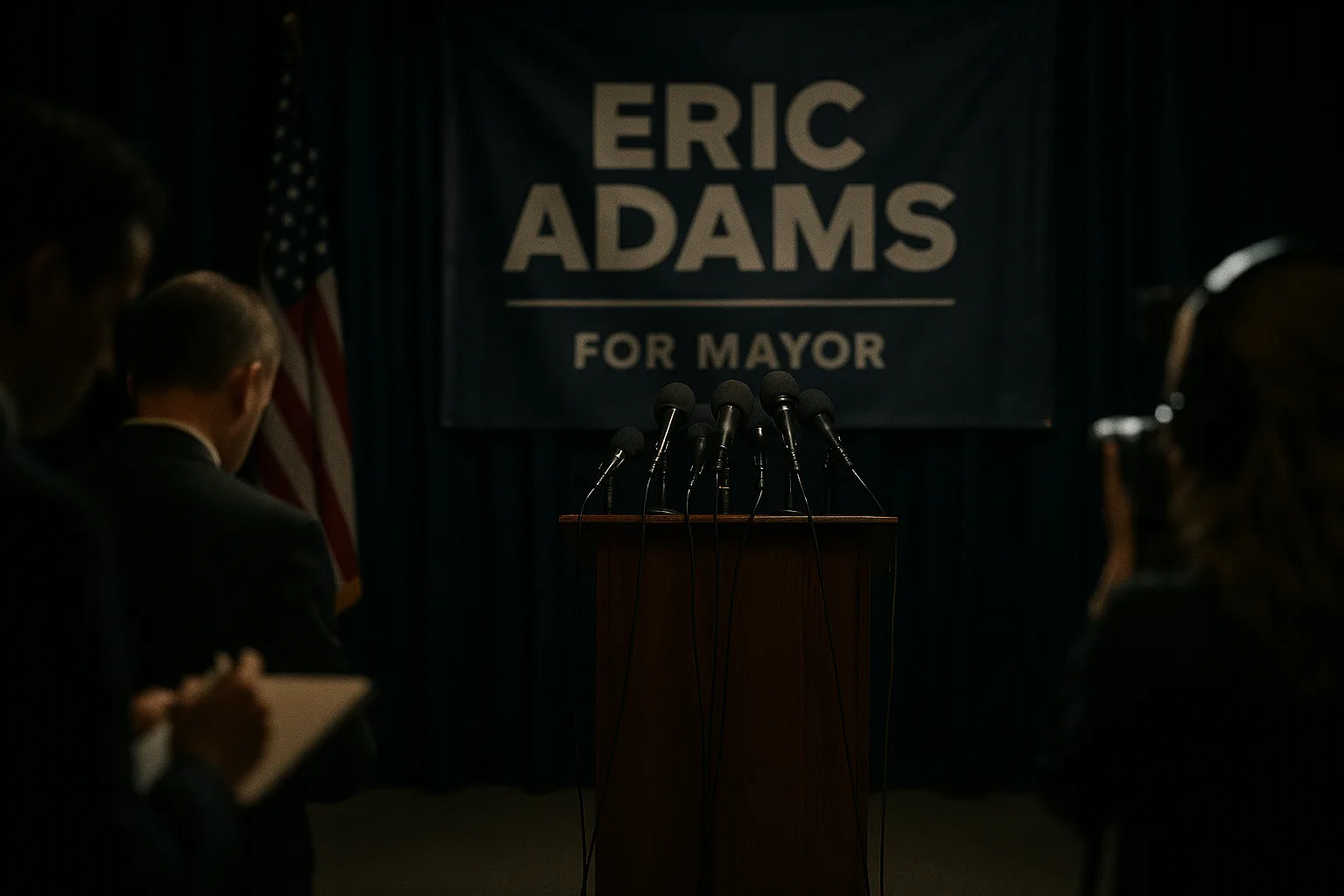The Department of Justice has made history (or, depending on your disposition, a spectacle). Former FBI Director James Comey has officially been indicted on counts of false statements to Congress and obstruction of a congressional proceeding. The charges stem from testimony he gave in 2020, asserts the DOJ, and come just days after public demands for retribution.
The Legal Syntax
In the labyrinthine prose of indictments, there is a clause I now dub the Comey Clause: “did not authorize an anonymous source at the FBI.” That phrase alone will be dissected by law professors, late-night pundits, and grammar pedants for years. (Yes, that includes me.) Prosecutors claim that statement is false. Thus, the formal accusation reads like an especially nasty footnote in the grand novel of American scandal.
Timing, Politics, and Past Tense
One striking detail: the DOJ raced this indictment under the looming statute of limitations. Also worth noting: the new U.S. Attorney in Virginia was appointed shortly before. That smells like plot acceleration. Donald Trump himself had been publicly pressing for prosecutions of Comey and others. Whether justice or spectacle arrives depends on who you ask — and grammar fans will constantly debate whether the "false statement" was in the past or the present.
Satirical Postulate: Memos as Criminal Evidence
Imagine a world where every email, memo, sticky note, or Slack message might land you in court. That is, regrettably, the world we have now. The Comey indictment suggests that one cannot leak, one cannot draft, one cannot omit—grammar itself becomes a minefield. “He used a semicolon incorrectly, therefore obstruction,” might yet appear in appellate briefs (I await the citation). Meanwhile, political actors scamper to interpret whether “I did not authorize” means “I said nothing” or “I actually did something.”
One wonders whether future court documents will include editorial commentary: “But in correct usage, you’d say, ‘authorize a source’ not ‘authorize an anonymous source’ — unless one is excluding non-anonymous sources, which is confusing.” Yes, I would caption that.
Conclusion: Indictment, Irony, and Inflexible Dictionaries
So here we are. A former FBI director, indicted for how he said something (or didn’t say something). We live in an age where rhetoric can be litigated. The Comey Clause is born — where meaning, context, and grammar become evidentiary. I say: brace your red pens.
Editor’s note: Professor Syntax is not a lawyer. This indictment might be legally sound — or it might be the most ambitious footnote in history.


